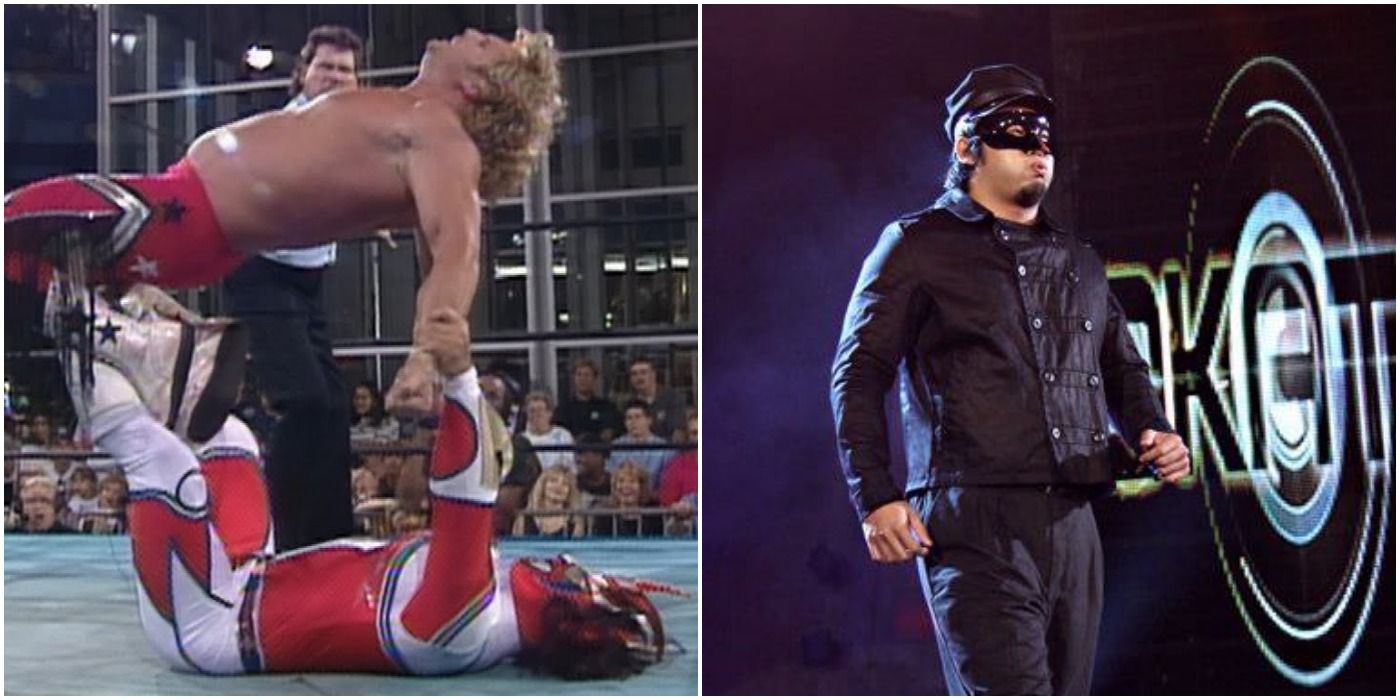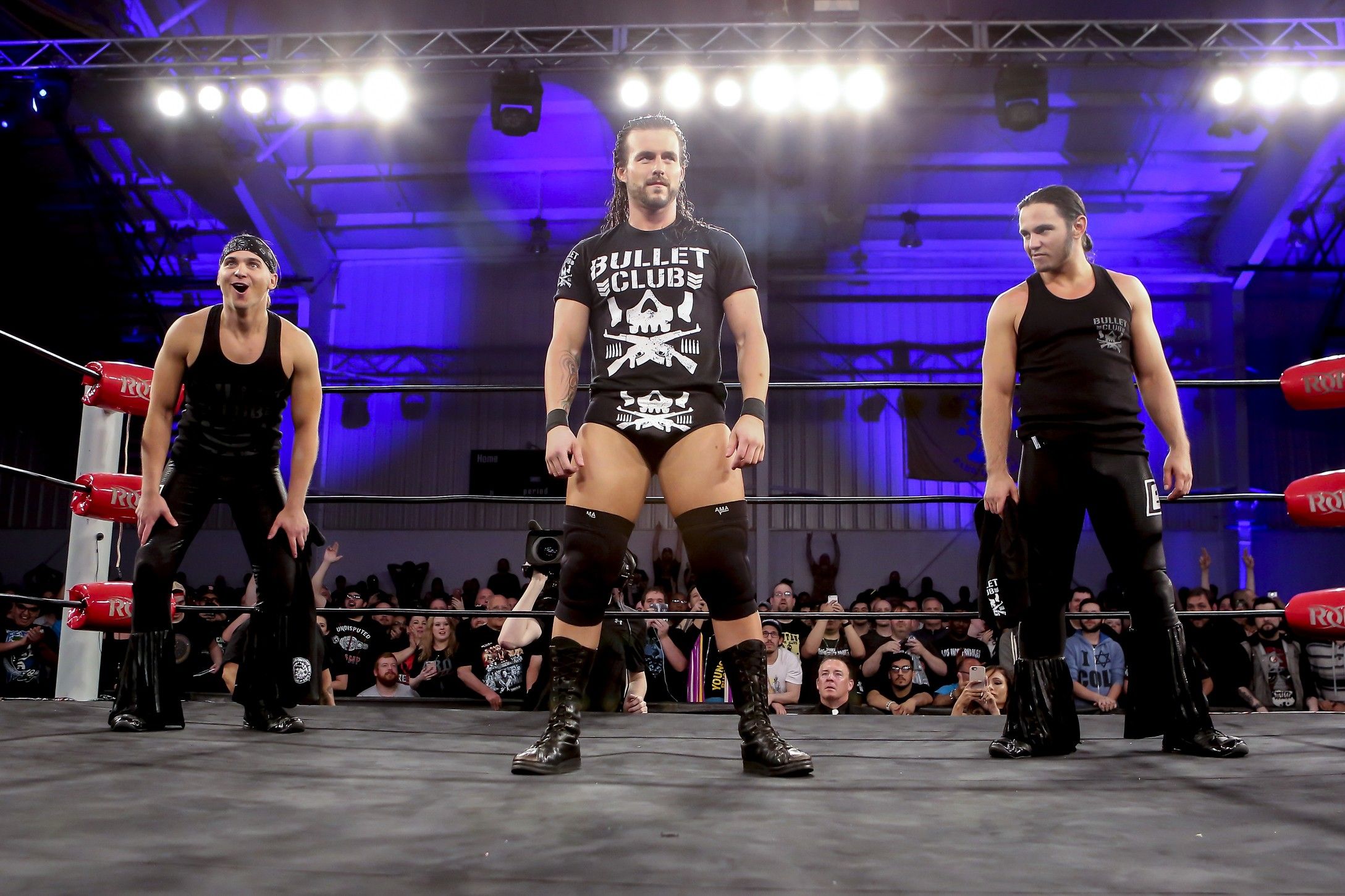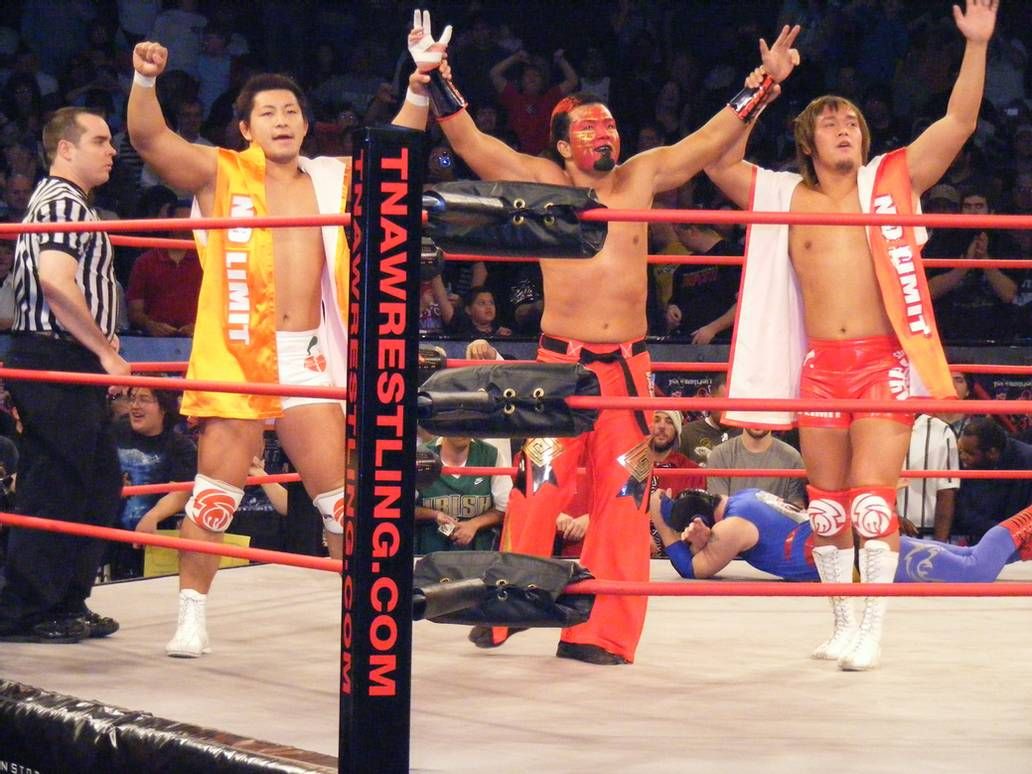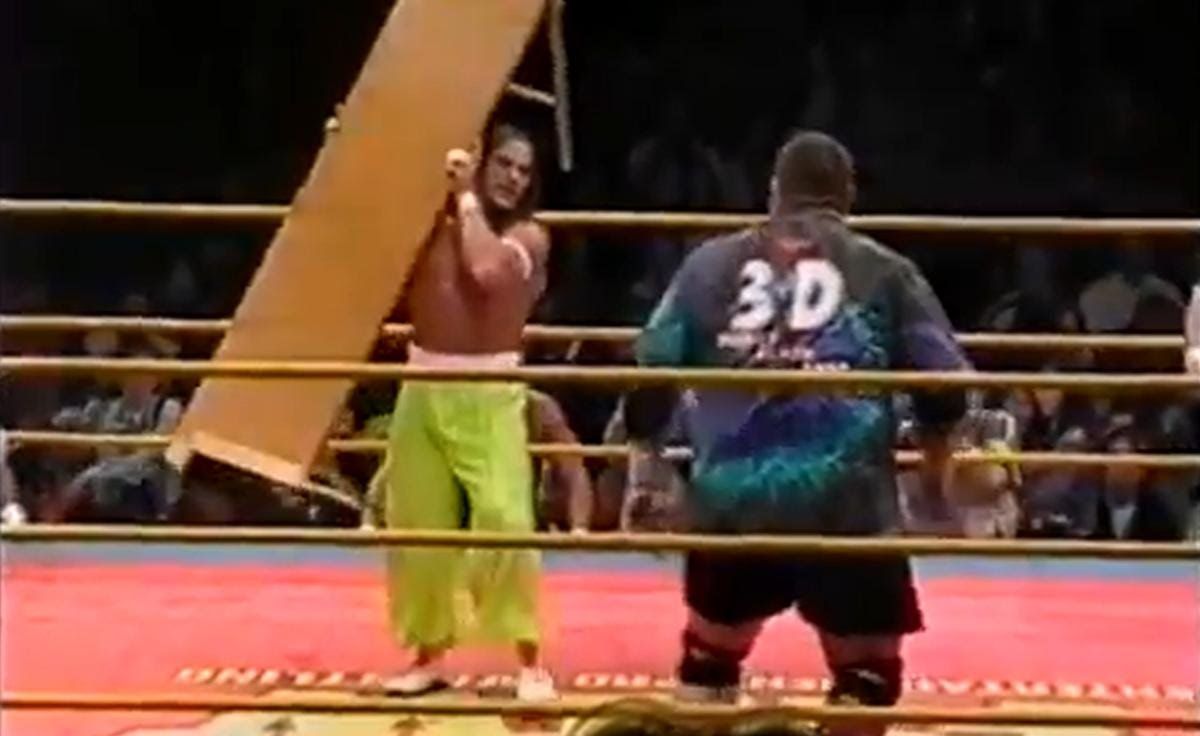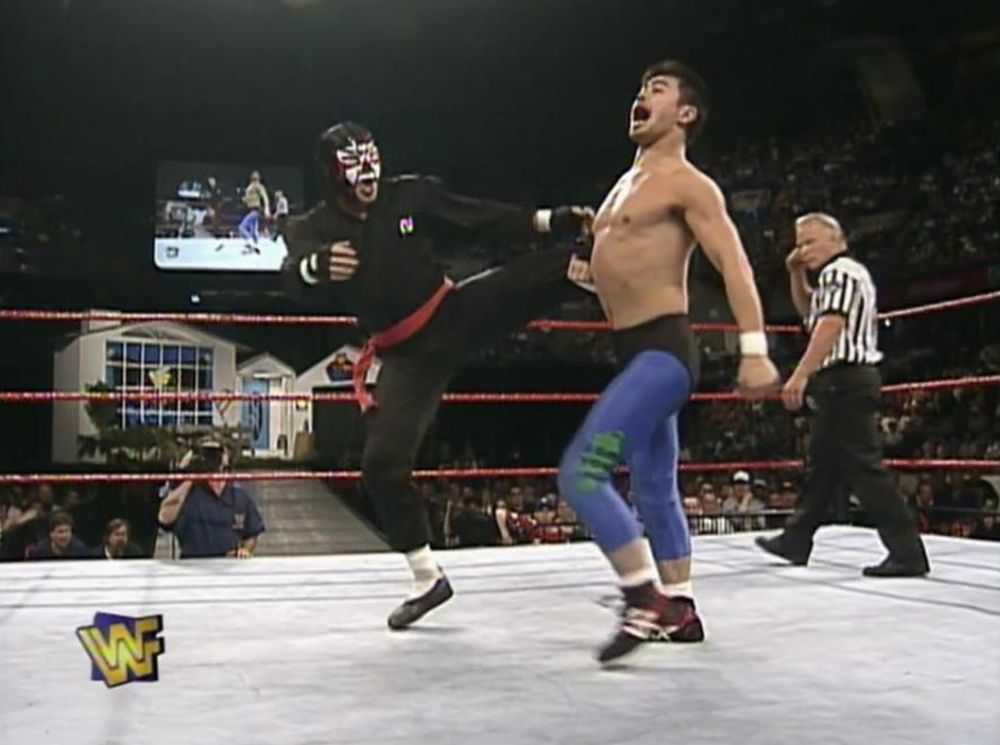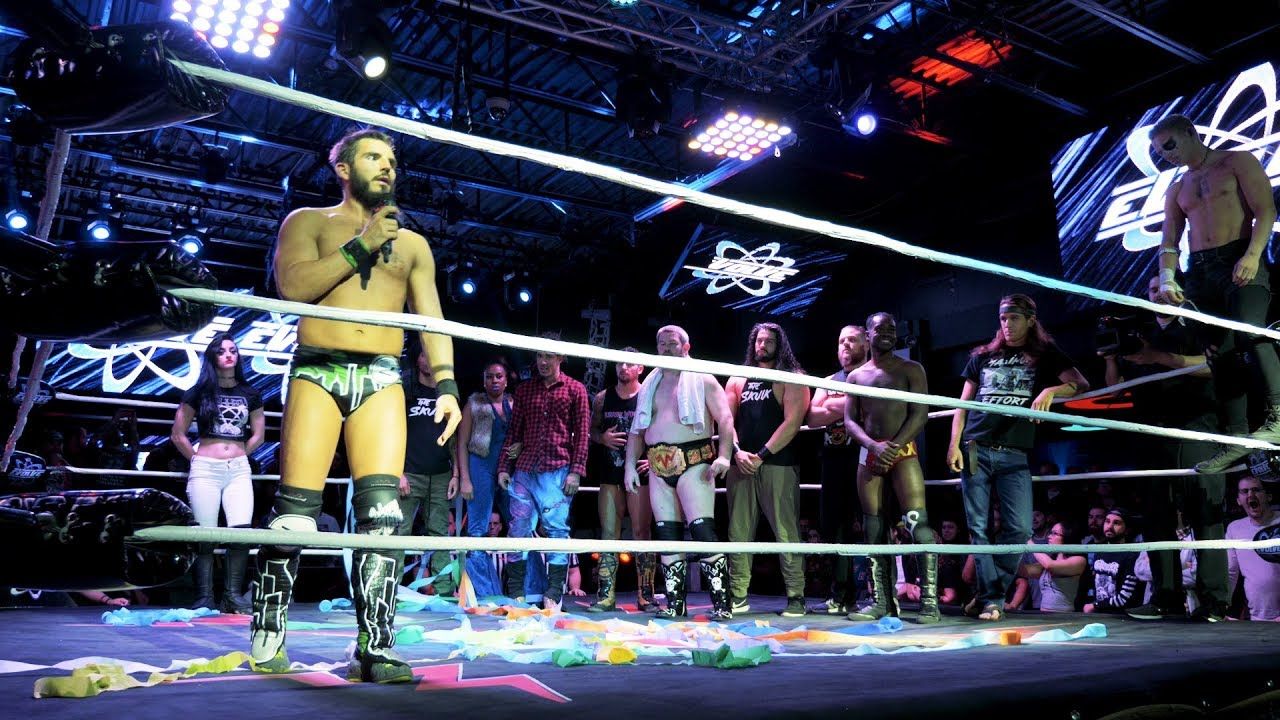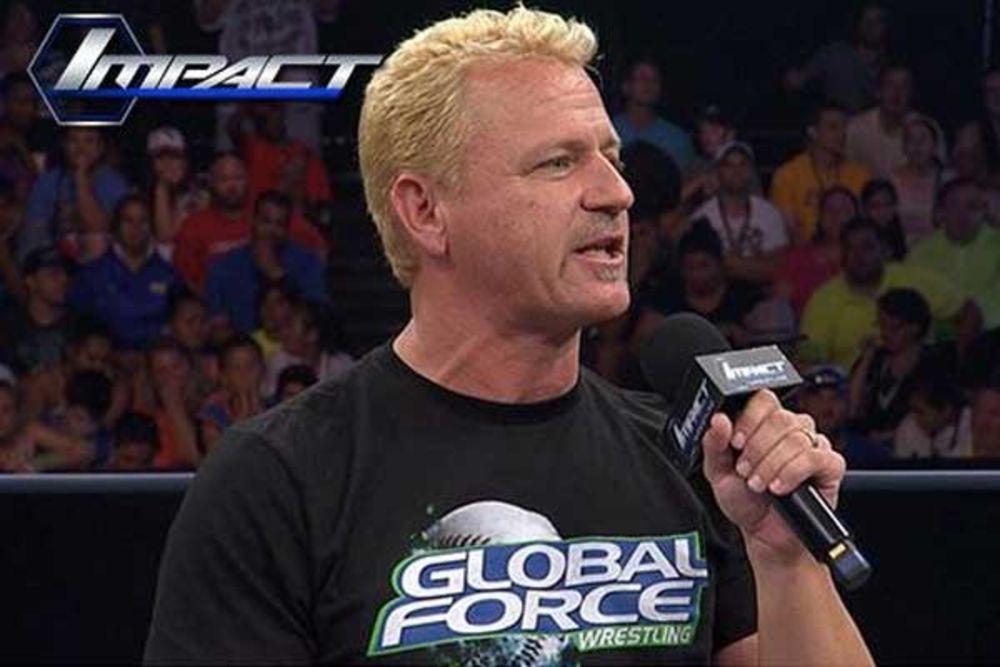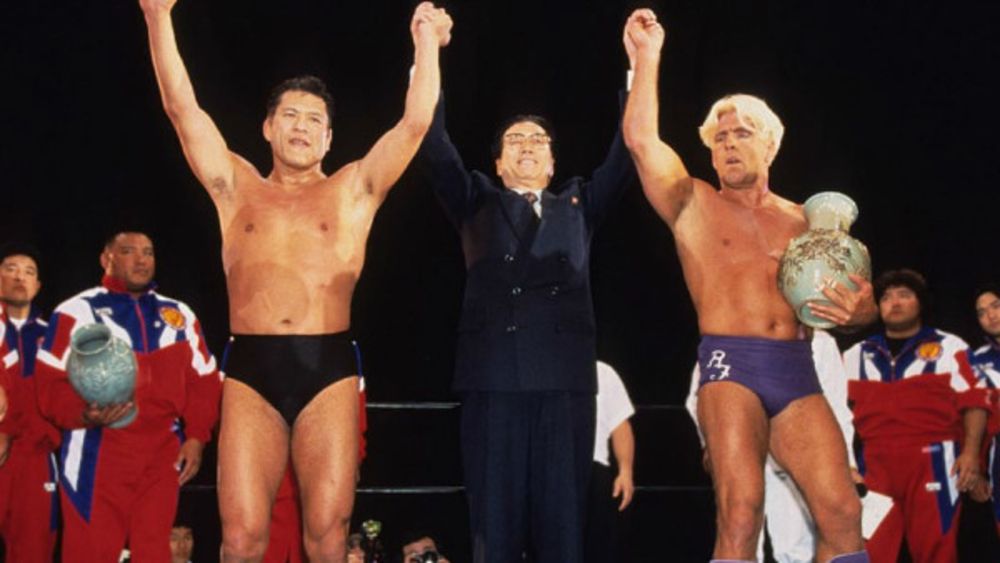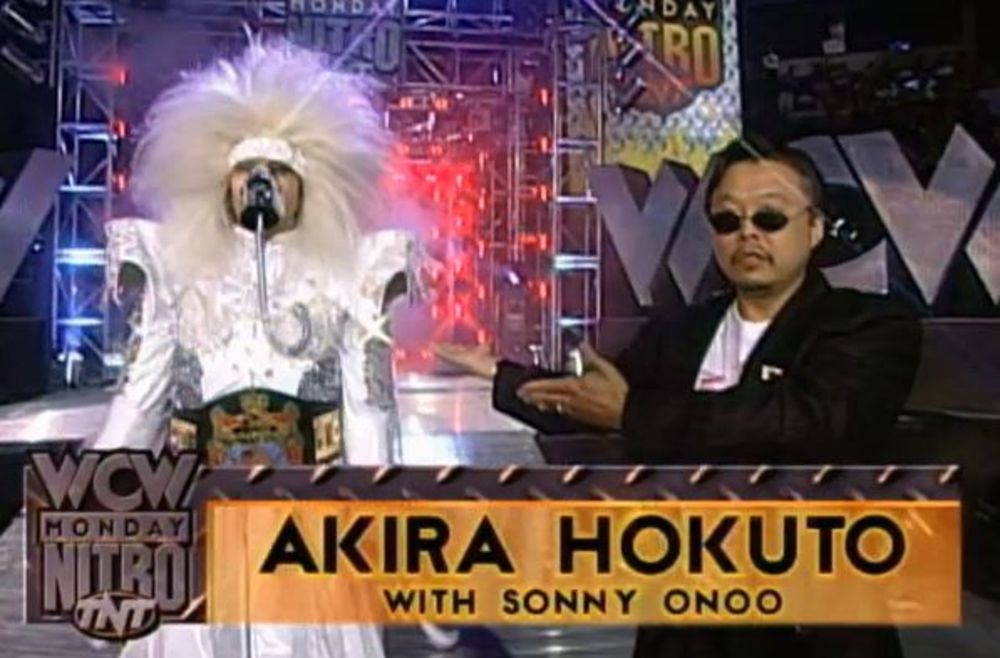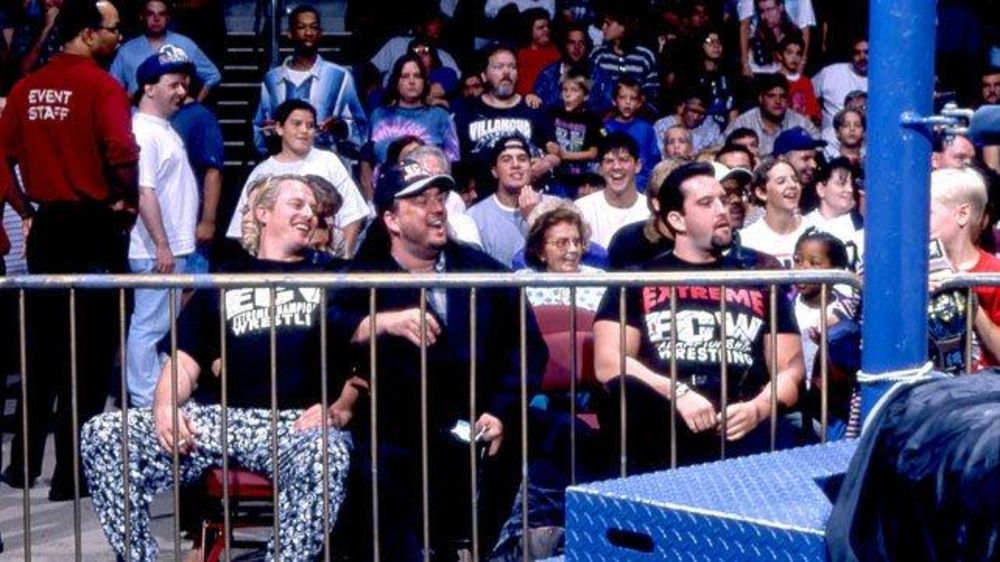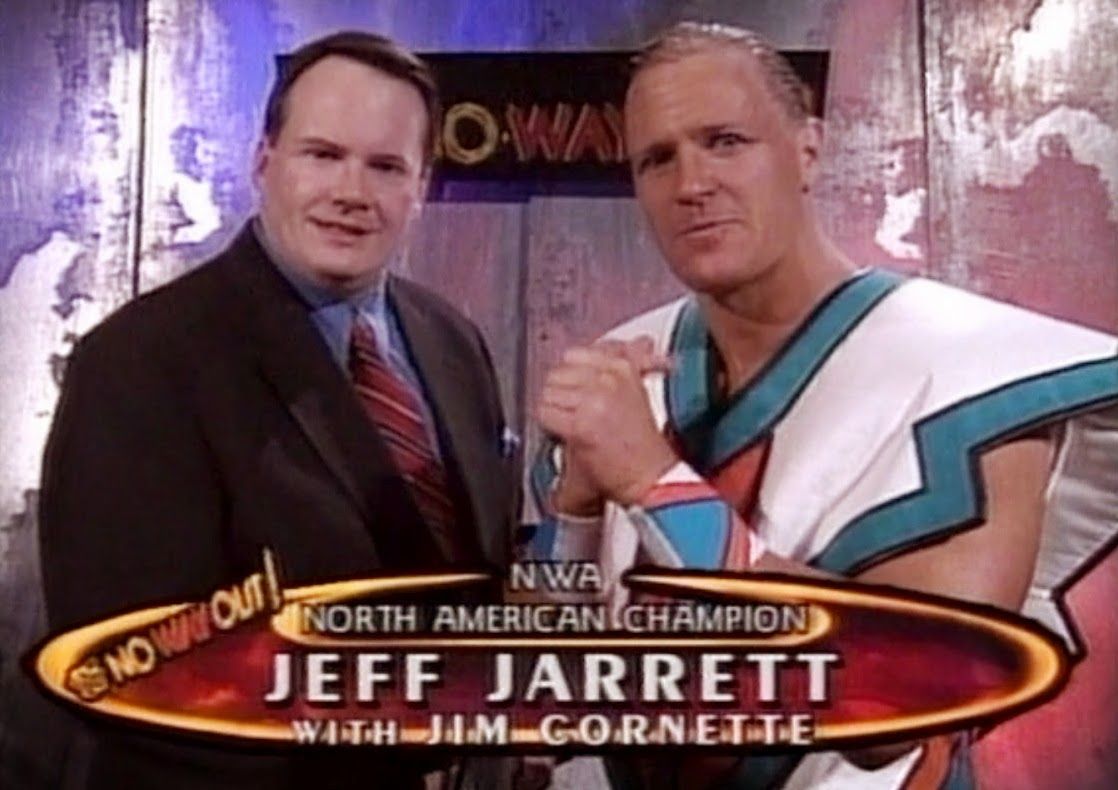Working relationships are an important aspect of larger wrestling promotions. Rather than compete with every single promotion on the planet, many companies forge mutually beneficial partnerships, sharing talent and sometimes producing shows together. That way, both get a degree of exposure from cross-promotion, and hopefully win new fans and expand business in the process.
Typically, these working relationships occur internationally, as it’s more likely that two promotions from different countries aren’t directly competing with one another, but there are also benefits to larger companies working with smaller ones. That said, not all of these partnerships work out.
10 Worked Out: New Japan & Ring of Honor
The partnership between New Japan Pro Wrestling and Ring of Honor is a great example of a mutually beneficial relationship. NJPW wanted to break into the North American market, so they partnered up with one of the most popular indie promotions in the country, and Ring of Honor knows the hardcore fans would have to watch ROH shows if they knew the Bullet Club was going to show up.
The relationship hasn’t been without its speed bumps -- remember the 2019 G1 Supercard? -- but it seems largely stable, especially compared to some of the other ones below.
9 Didn’t: TNA & New Japan
Say what you will about TNA’s myriad of problems and goof-ups, but at certain times the promotion has obviously seen the value of the international wrestling scene. Over the years, TNA has forged bonds with loads of international promotions, but the most infamous working relationship was with New Japan Pro Wrestling.
While fans did see Hiroshi Tanahashi and NO LIMIT on TNA television, the promotion also committed some cringe-worthy blunders with their partners, including an intoxicated Jeff Hardy wrestling Tetsuya Naito at Wrestle Kingdom V, a snafu involving the IWGP Tag Titles changing hands without permission, and, most infamously, repackaging Young Lion Kazuchika Okada as “Okato.”
8 Worked Out: ECW & Frontier Martial Arts Wrestling
Extreme Championship Wrestling didn’t invent the deathmatch style of wrestling that they popularized with American fans in the 1990s. That honor goes to Japanese promotions like Frontier Martial Arts Wrestling, which was a huge influence on ECW.
ECW’s relationship with FMW wasn’t just imitation as the two worked together a lot in the late ‘90s, trading talent like Masato Tanaka and producing supershow cards together in 1998.
7 Didn’t: Michinoku Pro & WWF
Michinoku Pro’s talent somewhat infamously stole the show at several ECW events, including Barely Legal 1997, but the promotion had an official relationship with the World Wrestling Federation around the same time. Talent like Taka Michinoku and promotion founder Great Sasuke would appear on WWF television, competing for the Light Heavyweight Championship.
However, Sasuke’s reported refusal to allow the Light Heavyweight Title to be contested outside of Japan resulted in WWF ending their relationship with Michinoku Pro -- but not before signing Taka Michinoku and Kai En Tai.
6 Worked Out: WWE & EVOLVE
It took a long time for modern day corporate WWE to acknowledge that promotions exist outside of Vince McMahon’s evil empire, but the groundswell of support for NXT showed some of the people in charge that the indie scene had value. So many modern WWE stars came up through Gabe Sapolsky’s various promotions like Ring of Honor as well as the promotions under his World Wrestling Network umbrella like Dragon Gate USA, and EVOLVE.
That made it natural for WWE to forge a relationship that would have EVOLVE talent appearing on NXT, and vice versa. In 2020, WWN ended up folding and selling its entire library to WWE, which seemed to benefit everyone -- especially the out-of-work talent that WWE signed.
5 Didn’t: TNA & Global Force Wrestling
In 2014, Jeff Jarrett departed TNA amidst a scandal as well as a power struggle with Dixie Carter. However, determined to run his own wrestling promotion, Jarrett started a new project, Global Force Wrestling, which would unite numerous international companies to create a literally global product.
That never quite worked out, and GFW ended up forming a partnership with his old promotion, TNA. That, too, did not work out, and eventually, the two companies split up, with Global Force Wrestling becoming dormant in recent years.
4 Worked Out: WCW & New Japan
At its best, World Championship Wrestling was the place to go to watch wrestlers from all over the world competing under one umbrella -- all thanks to partnerships with several international promotions. The most enduring relationship WCW enjoyed, however, was with New Japan, which resulted in numerous co-promoted shows and talent exchanges.
Fans who go back and watch old WCW content on the WWE Network will see lots of evidence of this partnership, including multiple high-profile appearances from Jushin Thunder Liger and The Great Muta, not to mention Starrcade 1995, touted as “The World Cup of Wrestling.”
3 Didn’t: WCW & GAEA Japan
Not all of WCW’s international partnerships worked out, unfortunately. The company made a huge splash when they signed Madusa and had her throw the WWF Women’s Championship in the trash on Monday Nitro. A WCW women’s division failed and even more so was its Women’s Cruiserweight Title.
It was meant to be shared with the Japanese women’s promotion GAEA Japan, with several members of the GAEA roster appearing on WCW television as part of a tournament to crown the inaugural Cruiserweight Champion. The finals aired on Main Event and the whole affair was never mentioned again.
2 Worked Out: WWF & ECW
Fans who attended WWF shows in the mid-1990s knew it was rough, and fans at random televised shows could be heard chanting for ECW, which provided a truly alternative product to the majors of the time.
This would result in WWF forming a partnership with ECW and staging an invasion storyline in 1997, which had Rob Van Dam and Sabu appearing on Raw as well as Jerry “The King” Lawler showing up in ECW. It seemed like WWF was using ECW as a feeder system to sign new talent, and reportedly the promotion was financially backing ECW all the way to the end.
1 Didn’t: WWF & NWA
Around the same time as the ECW invasion, WWF also had an invasion storyline going with the National Wrestling Alliance featuring talents like Jeff Jarrett, NWA World Champion Dan Severn, and The Rock ‘n’ Roll Express showing up on Monday Night Raw.
This storyline turned out more lackluster than the attempt with ECW and has since been reduced to a footnote. Surprisingly, NWA talent would show up on WWF television all the way to 1998, when Vince McMahon finally got sick of seeing them.

